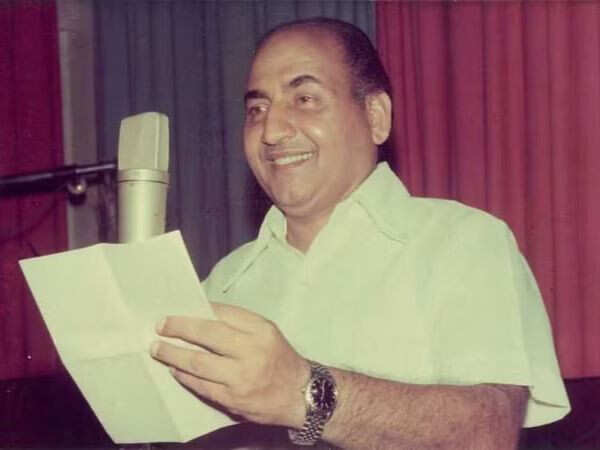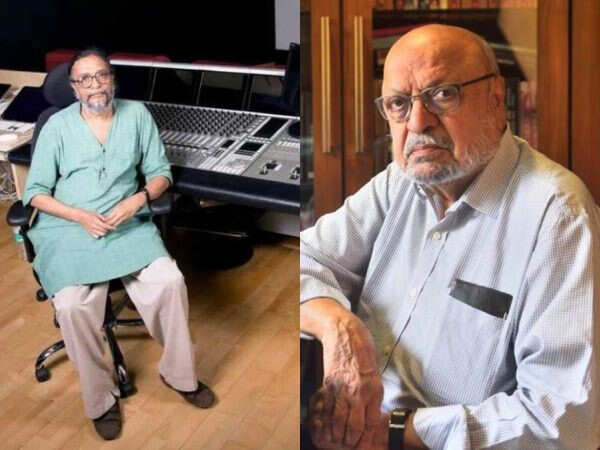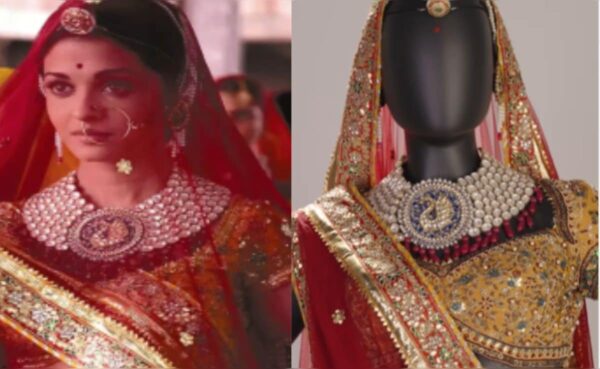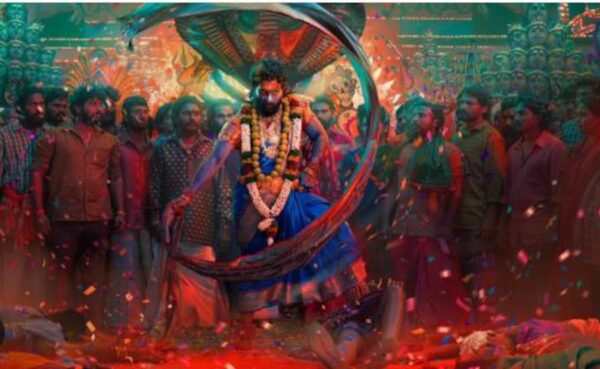Obituary: Remembering Shyam Benegal
5 min read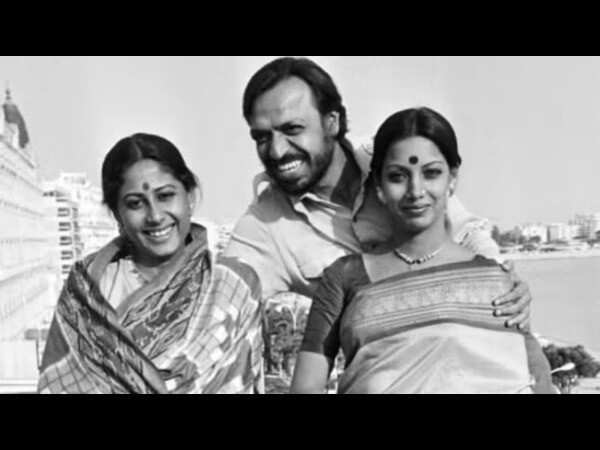
Shyam Benegal, a towering figure in Indian cinema, passed away on December 23, 2024, at the age of 90, leaving behind an indelible legacy that continues to influence filmmakers and audiences alike. A pioneer of the Indian New Wave, Benegal’s films resonated with authenticity, tackling social issues and reflecting the complexities of Indian life in a way that was both grounded and reflective. His contribution to cinema went far beyond his work as a director. He was also a screenwriter, editor, teacher, and mentor, shaping the future of Indian filmmaking.
Born on December 14, 1934, in Tirumalagiri, Hyderabad, Benegal’s journey into the world of cinema began early. Though he initially pursued a degree in Economics at Osmania University, his love for film led him to establish the Hyderabad Film Society. His passion for storytelling would only grow as he later ventured into advertising, where he directed over 900 sponsored documentaries and ad films. This experience would serve him well, providing a strong foundation for his later work in film and television.Director and actor Guru Dutt’s maternal grandmother and Shyam’s paternal grandmother were sisters, thus making Dutt and Shyam second cousins. He always spoke warmly of his more famous cousin, even commenting that at one time he was envious of Dutt’s success when young.
Benegal’s filmmaking career blossomed in the 1970s, with a series of films that challenged the conventions of mainstream Bollywood. His films Ankur (1974), Nishant (1975), Manthan (1976), and Bhumika (1977) epitomized the essence of parallel cinema—reflecting India’s social realities with honesty, subtlety, and nuance. Ankur was an exploration of the feudal divide which exists in India, Manthan, based on the story of a cooperative dairy movement, drew attention to rural struggles, while Bhumika delved into the psychological and societal complexities of a famous actress, exploring themes of fame, personal identity, and gender expectations. These films marked Benegal as a director unafraid to confront uncomfortable truths and portray the human condition in all its rawness.
Beyond his work in cinema, Benegal made significant contributions to television. His 1988 series Bharat Ek Khoj, based on Jawaharlal Nehru’s Discovery of India, brought the story of the Indian freedom struggle and the country’s rich cultural heritage into millions of homes, further cementing his place as a storyteller who cared deeply about India’s past and its future.
Benegal’s influence extended beyond the screen. He was a passionate educator, having taught at the Film and Television Institute of India (FTII) in Pune, where he also served as chairman during two terms. His tenure at FTII helped shape the careers of many young filmmakers who went on to make their mark in Indian cinema. His role in nurturing new talent and promoting a more socially conscious cinema cannot be overstated. He was also known for his close collaborations with actors such as Om Puri, Naseeruddin Shah, Pankaj Kapur, Amol Palekar, Amrish Puri, Shabana Azmi and Smita Patil, whose careers he helped shape. He had deep respect for their craft and personalities, highlighting his ability to nurture talent with care and understanding. He authored three books based on his own films: The Churning with Vijay Tendulkar (1984), based on Manthan; Satyajit Ray (1988), based on his biographical film, Satyajit Ray; and The Marketplace (1989), which was based on Mandi.
A committed documentary filmmaker, Benegal made his debut in the genre with A Child of the Streets (1967), a powerful film that highlighted the plight of street children. Over the years, he directed more than 70 documentaries and short films, always with a focus on social issues, whether it was the struggles of rural India or the complexities of urban life. In the early 1970s, Shyam made 21 film modules for the Satellite Instructional Television Experiment (SITE), sponsored by UNICEF. This allowed him to interact with children of SITE and many folk artists. Eventually he used many of these children in his feature length rendition of the classic folk tale Charandas Chor in 1975. The film, made for Children’s Film Society, India, is easily one of the best children’s films to have come out of India. It’s strange that he never went back to the genre.
Benegal’s cinematic philosophy was grounded in empathy and objectivity. As he once said, “One has to be as objective as possible… Sympathy is necessary. When I say sympathy, I mean empathy so you can be one with the subject.” He believed that the most powerful stories were those that transcended politics, focusing instead on the human side of the narrative.
Benegal was no stranger to accolades. His work earned him numerous awards, including the Padma Shri (1976), Padma Bhushan (1991), and the prestigious Dadasaheb Phalke Award (2005), India’s highest honor in cinema.He also won the Filmfare Best Director Award for Junoon (1979)
Even in the face of health challenges, Benegal remained involved in filmmaking, working on projects such as the biographical film Mujib: The Making of a Nation (2023), about the founding father of Bangladesh, Sheikh Mujibur Rahman. His dedication to his craft, right until the end of his life, is a testament to his passion for storytelling and his belief in cinema as a tool for social change.
Benegal’s passing marks the end of an era in Indian cinema, but his influence will endure. He leaves behind a body of work that continues to inspire filmmakers to look beyond entertainment and explore the deeper, often untold stories of Indian society. Through his films, his teaching, and his writings, Shyam Benegal shaped the contours of Indian cinema in ways that will be felt for generations to come.
Benegal breathed his last at Wockhardt Hospital in Mumbai, where he had been undergoing treatment for chronic kidney disease. He is survived by his wife, Nira Benegal, and daughter, Pia Benegal.
In a world of fleeting trends, Benegal’s films remain timeless—a reflection of the India he so lovingly portrayed. His legacy is one of truth, compassion, and a deep commitment to telling the stories of ordinary people in extraordinary ways.Legendary filmmaker Shyam Benegal’s obituary. Continue reading …Read More

